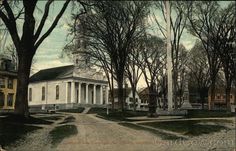
America’s First Legal Woman Voter
Lydia Chapin Taft was an early forerunner in Colonial America who was allowed to vote in three New England town meetings, beginning in 1756. Lydia Chapin was born February 2, 1712, at Mendon, Massachusetts, the daughter of Seth Chapin, and Bethia Thurston. Seth Chapin was a respected member of the community and a Captain in the militia.
Early Life
Young Lydia Chapin grew up in a large family with 9 siblings. Her father Seth owned much property in what is today Milford, south Hopedale, and Post’s Lane in Mendon. The family lived on 45 acres near the Post’s Lane bridge and Mill River. Post’s Lane was made famous for the first man killed in King Phillip’s War, Richard Post.
Lydia’s family moved within the town of Mendon to another home around 1715. This early community was already developing a sense of history from these pioneers. Young Lydia would grow up here and learn the trades that her mother and her grandmother taught: farming, flax weaving, childrearing, education, clothing, and home economics – everything she needed to know to be a successful goodwife.
In 1727, the western part of Mendon became the newly incorporated town of Uxbridge. Mendon and Uxbridge were at that time rural, colonial, pioneer communities in central Massachusetts.
Marriage to Josiah Taft
Lydia Chapin married Josiah Taft on December 28, 1731, and she became known as Lydia Chapin Taft. They were married at the Congregational Church in Mendon. Josiah was born on April 2, 1709, and was the grandson of the first American Taft, Robert Taft. Josiah’s father Daniel, had been a local squire and Justice of the Peace.
Lydia and Josiah settled in Uxbridge. Josiah Taft, according to the Proprietors Records, was on his way to becoming a large landholder in Uxbridge. As Josiah purchased and sold land, Lydia set up housekeeping bringing into play all the skills she had been mastering. Josiah was a farmer and soldier, and Lydia was a colonial mother and homemaker. They were members of a new village, and helped to form a town that became a respected community.
The old town meeting books list an Ensign Josiah Taft as continuously being elected the moderator for town meetings (noting his militia title change to Captain after a few years). Josiah was in the Uxbridge militia; enrollment in the military was compulsory with training being done in the local fort or training fields in each town. Every man was required to have a weapon and ammunition and to be prepared to act when called upon.
Josiah Taft was chosen several times to represent Uxbridge both on important matters with neighboring towns and in the General Court. The Vital Records register Lydia and Josiah as having seven children between the years 1733 and 1753, also recording the deaths of two-month-old Ebenezer in 1735 and seven year old Joel in 1749.
Josiah became a prominent citizen in early Uxbridge. He was a farmer, a local official, and a Massachusetts legislator. He served a number of terms on the Board of Selectmen, in the Massachusetts General Court, and as town clerk and town moderator. Lydia and Josiah were among the wealthiest families in Uxbridge.
Place in Early American History
In the autumn of 1756, Josiah and Lydia’s 18 year old son, Caleb, became ill while studying at Harvard, and died on September 19th. Josiah went to Boston to bury Caleb. After returning home, Josiah himself became ill and died on September 30th, at age 47. This happened immediately prior to an important vote concerning the town’s financial support of the French and Indian War.
The only individuals allowed to vote were freeholders – free male property holders – and Josiah’s estate was valued as one of the largest in the town. Josiah’s untimely death opened the door for Lydia’s giant step into America’s history of women’s suffrage. Given the important nature of the vote, the landowner and taxpayer status of Josiah’s estate, and that Lydia’s oldest surviving son was still a minor, the townspeople voted to allow Lydia, the widow Josiah Taft, to vote at this important meeting on October 30, 1756.
Lydia cast her vote in favor of appropriating funds for the regiments engaged in the French and Indian War, thereby giving herself the distinction of being the first woman to vote in America. The early town records demonstrate at least two other occasions when Lydia voted in official Uxbridge Town meetings in 1758 and again in 1765.
Lydia Chapin Taft died at Uxbridge on November 9, 1778, at the age of 65, after the United States had officially declared its independence and was engaged in the Revolutionary War. Her historic vote would precede the Constitutional Amendment for women’s suffrage by 164 years, and would elevate her from the role of wife and mother to a symbol of women’s suffrage.
Over half a century later, another Blackstone Valley woman, Abby Kelley, who belonged to the Quaker Meeting at Uxbridge, would lead two famous suffragists into the antislavery movement – Susan B. Anthony and Lucy Stone.
Lydia Chapin Taft’s historic vote and her role in the history of women’s suffrage was recognized by the Massachusetts legislature on April 1, 2004, when they approved An Act Designating State Highway Route 146A in the town of Uxbridge as the Lydia Taft Highway:
State highway route 146A from state highway route 122 to the Rhode Island state boundary shall be designated and known as the Lydia Taft Highway, in recognition of Mrs. Taft’s unique role in American history as America’s first woman voter. The department of highways shall erect and maintain suitable markers in accordance with the standards of said department bearing the inscription: Lydia Taft Highway – Commemorating America’s First Woman Voter – 1756
SOURCES
Lydia Chapin Taft
Mendon, Massachusetts
Uxbridge, Massachusetts
The Tafts of Mendon and Uxbridge
Uxbridge Breaks Tradition and Makes History: Lydia Chapin Taft

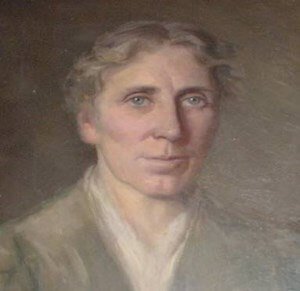
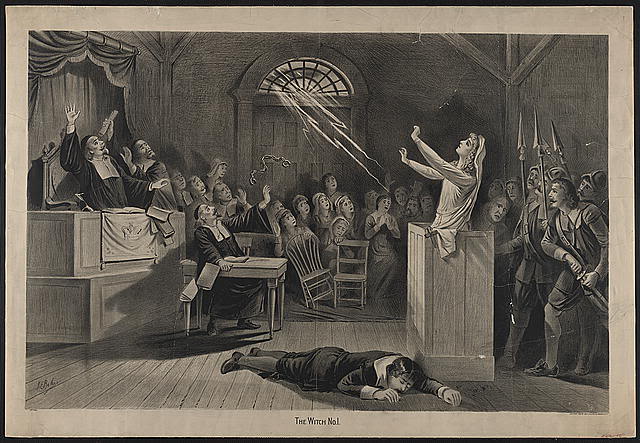
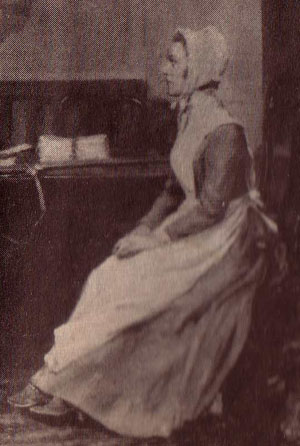
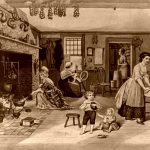
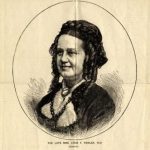

so what was she worth like what is she represented for?